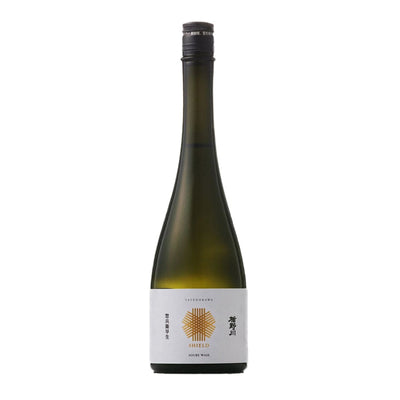March 8th Is Saba (Mackerel) Day! Pair Sake With Canned Saba
Saba Day was established by a company in Toyonaka, Osaka Prefecture, specializing in mackerel products. The origin of the name "Saba Day" comes from the Japanese wordplay (goroawase), as numbers 3 and 8 can be read as "sa" and "ba" respectively. This day was established to encourage people to be interested in mackerel and to show appreciation for the mackerel that has benefited the Japanese people since ancient times.

Saba has been eaten since the Jomon period (ca. 10500–ca. 300 BC), and is a familiar fish to the Japanese people. Although mackerel is caught in coastal waters, it is difficult to handle because it tends to lose its freshness quickly, as is evident from the Japanese proverb "saba no ikigusare", which is an analogy for the fact that even if the mackerel looks fresh, it is actually starting to rot and can be poisonous. Another common term "saba wo yomu" (to lie about a number for one's benefit) is said to derive from from a supposedly common act of fishmongers who forge or misrepresent the amount of saba they sell in a bulk.
To overcome the demerit of loosing freshness quickly, processing techniques were developed. Unique ways of eating mackerel, such as "shime saba" (pickled mackerel) using vinegar to prevent food poisoning, were also developed. Another great way to enjoy saba in a canned form, as Japan has mastered the art of making delicious canned foods.

Canned Saba and Nihonshu Are a Great Match!
Fish contains umami, and that, combined with delicious sauce, will help bring out the taste of the sake. Canned saba is perfect for busy days, when you just want to relax with a cup of sake and a quick snack. Saba (mackerel) comes in three flavors - salt, sweet soy sauce and miso. Each of them will create a unique flavor when paired with our recommended sake.
Our recommendation pairing sake is Tanrei Uonuma Junmai, named after Uonuma area of Niigata Prefecture which is famed for its natural beauty. The kura-bito (brewery workers) have a long history of affection for the Uonuma area due to its production of excellent rice crops, and this is shown in Uonuma sake. It has a smooth, mellow mouth-feel with a delightfully savory-acidic balance that more than pops. This junmai is high in umami, making it a perfect match for fish dishes. Crisp, dry, and chuggable on the hottest of days.
















Leave a comment